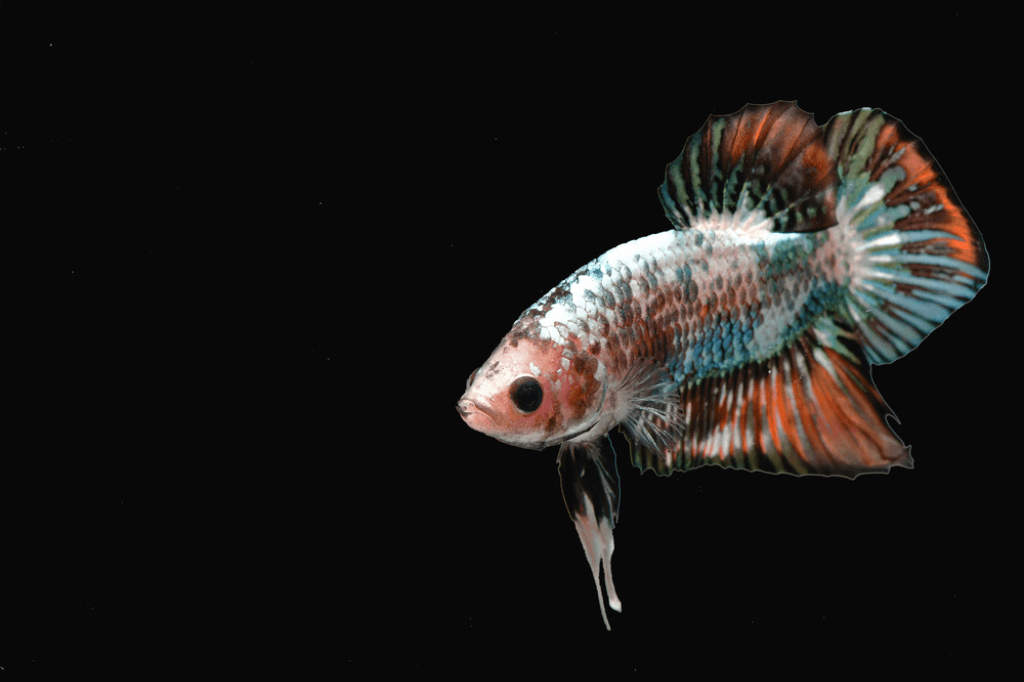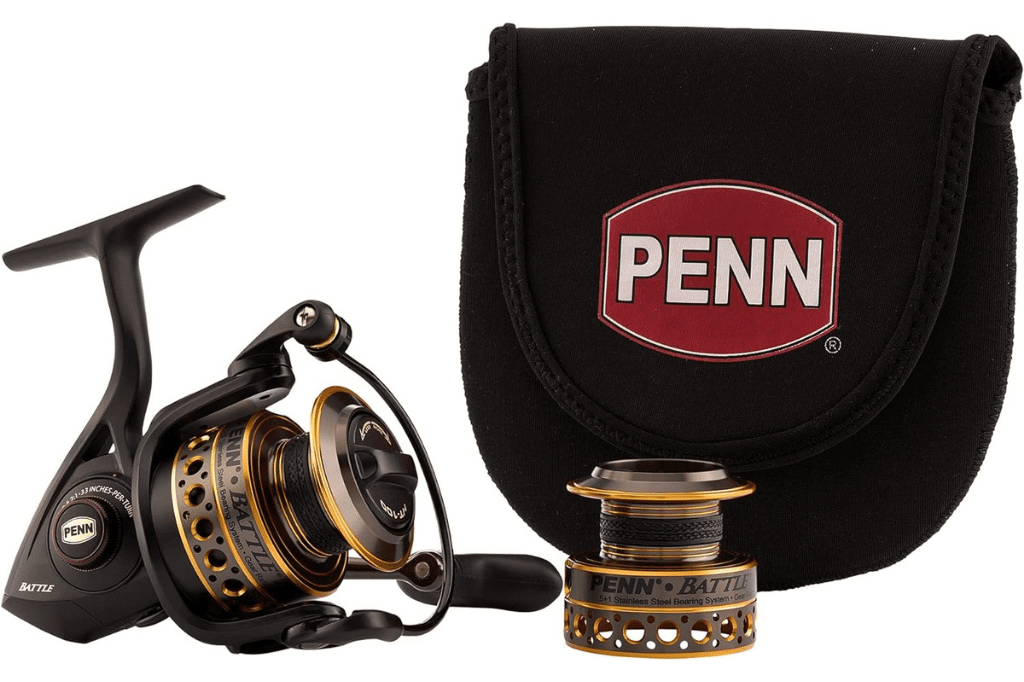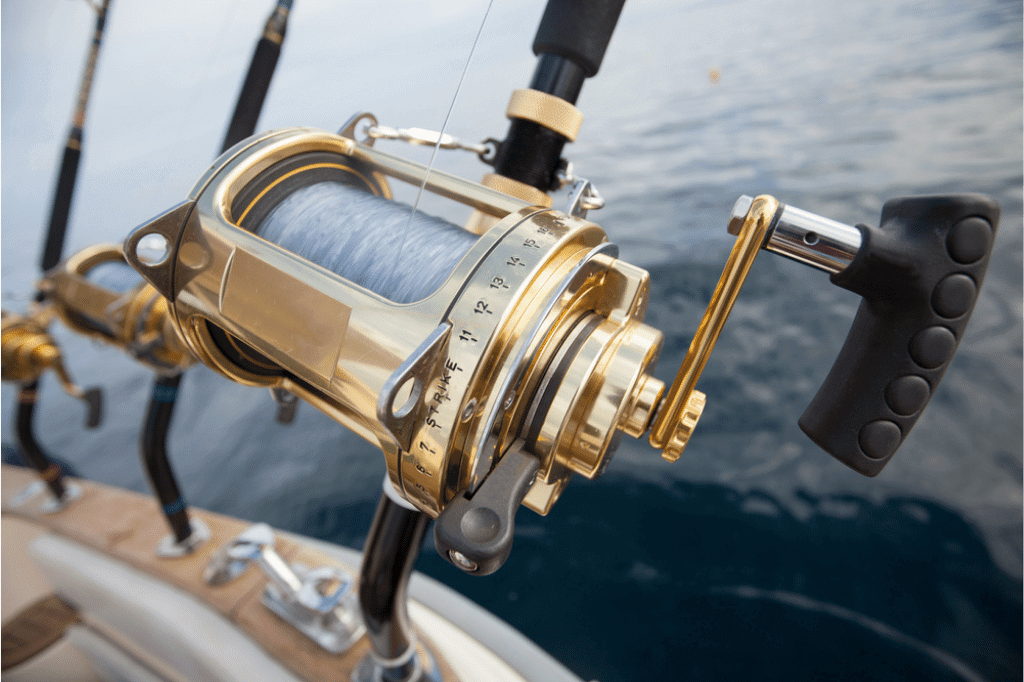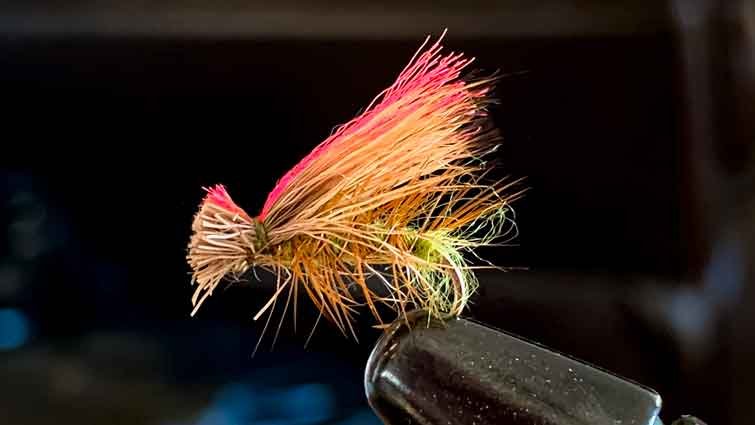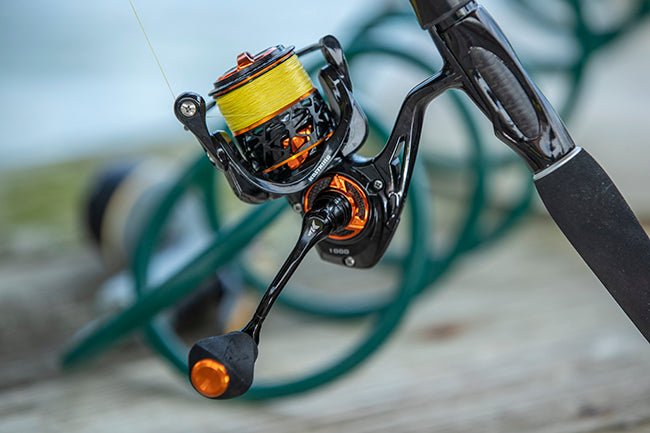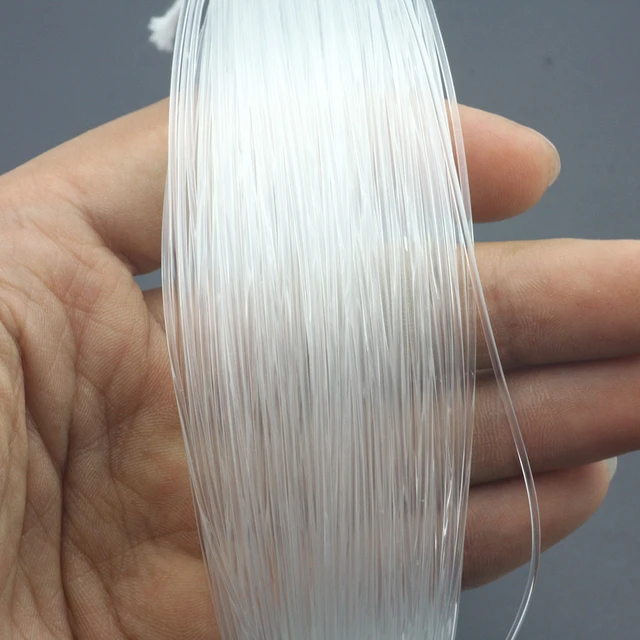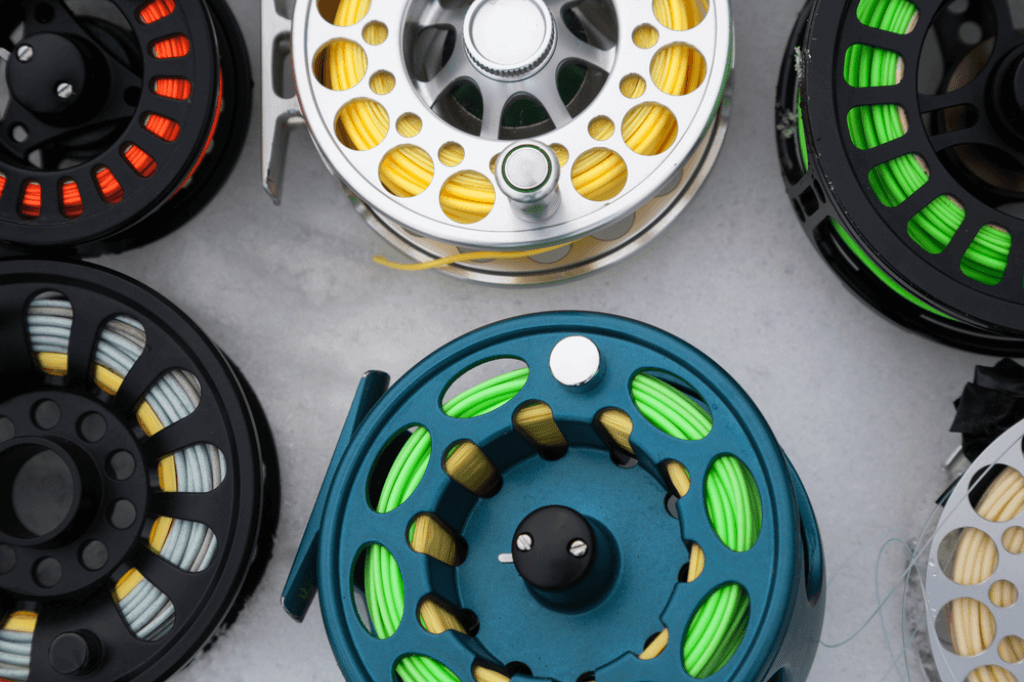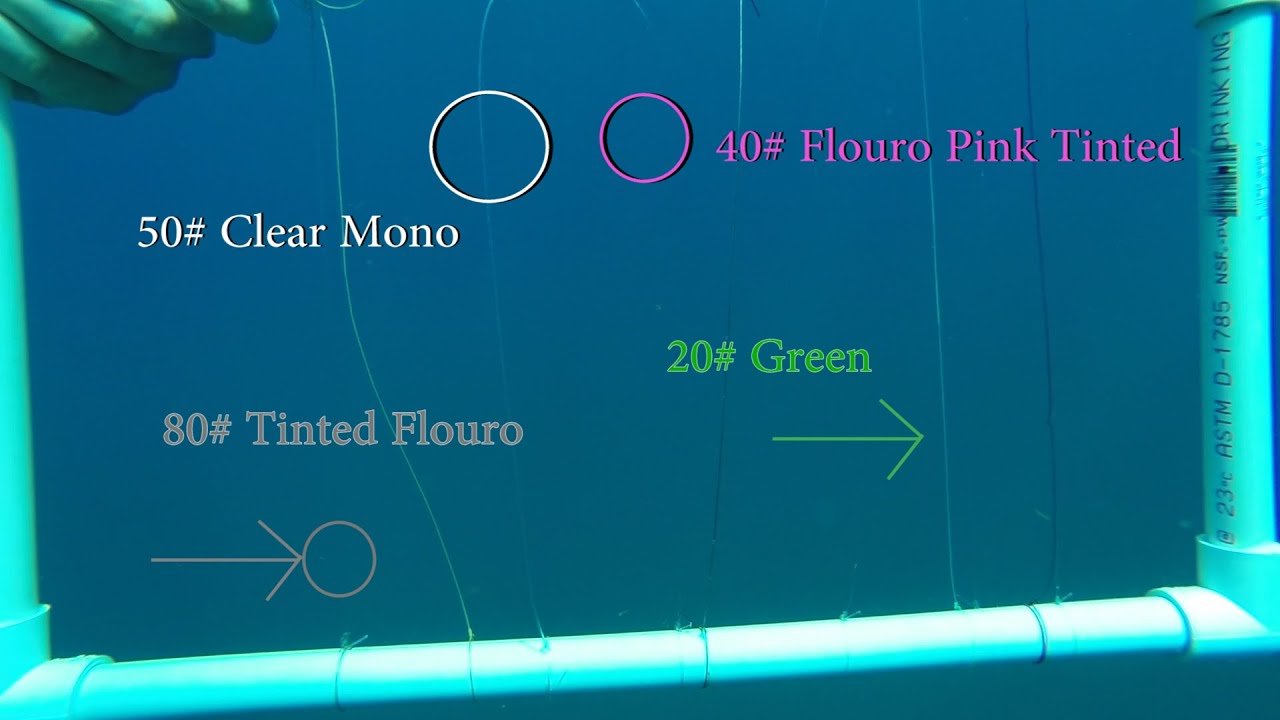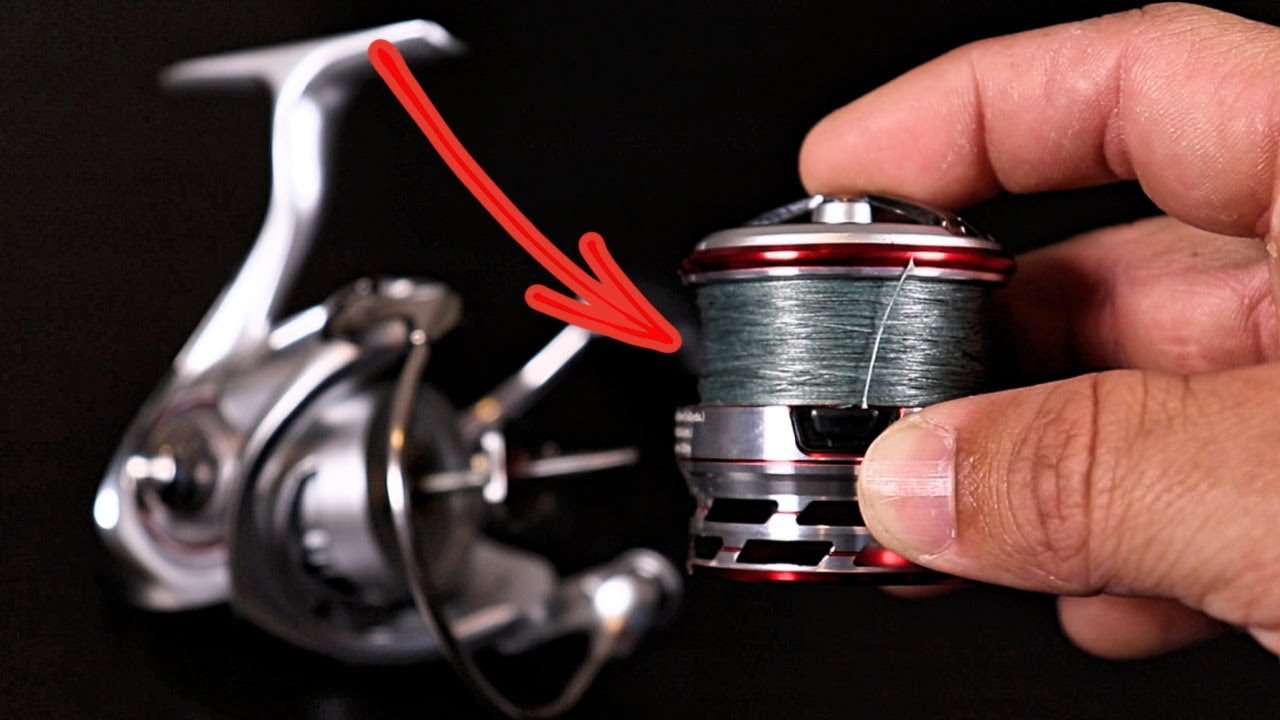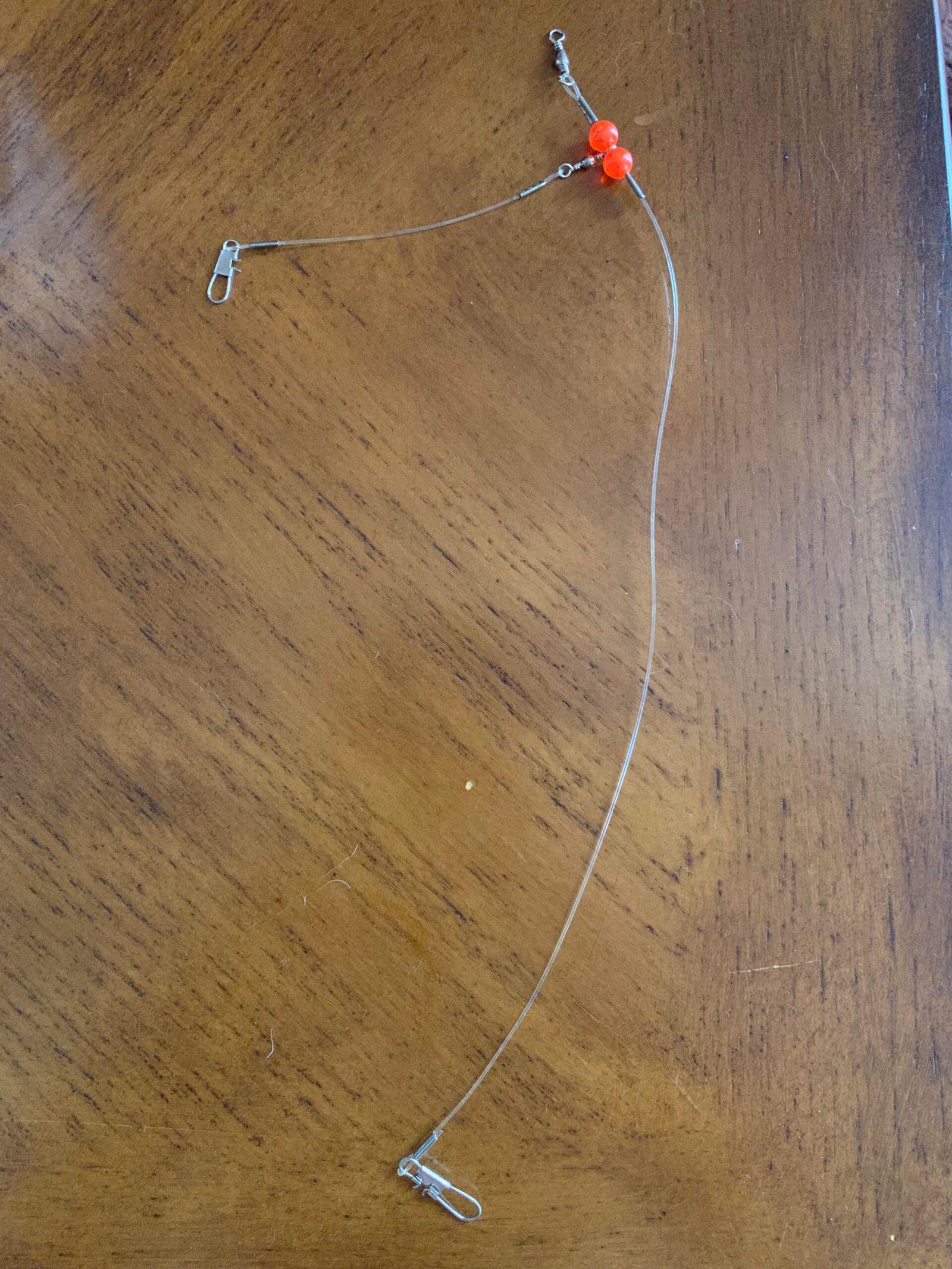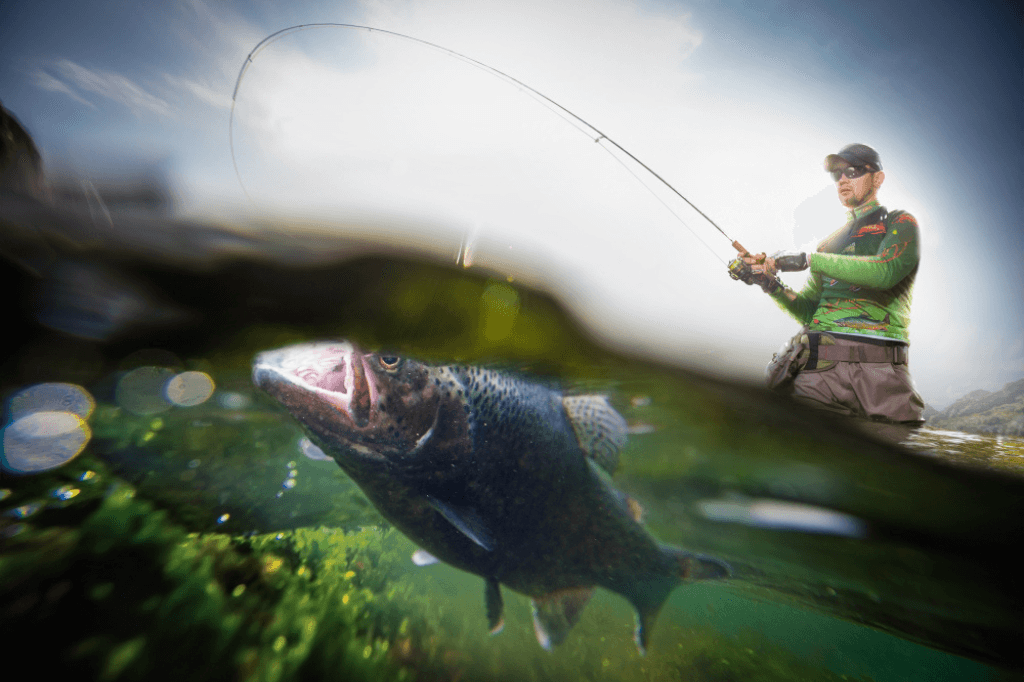Betta fish, also known as Siamese fighting fish, are popular for their vibrant colors and flowing fins. These fish originate from shallow waters in Southeast Asia. Betta fish do not have the ability to see in total darkness. They rely on their other senses, such as their lateral line, to detect movement and vibrations in the water.
Low light conditions are manageable for them, but absolute darkness can cause stress. Providing a dim night light can help maintain their comfort. Proper tank lighting mimics their natural habitat and ensures their well-being. Understanding betta fish vision helps in creating an optimal environment for their health and happiness.
Introduction To Betta Fish Vision
Betta fish, known for their vibrant colors, have unique vision capabilities. Their eyes are adapted to their natural habitats. Understanding how they see helps in providing better care.
Unique Features Of Betta Fish Eyes
Betta fish eyes have special features. They can see a wide range of colors. Their eyes are positioned on the sides of their heads. This gives them a broad field of vision.
Betta fish have a well-developed retina. The retina helps them detect different light levels. They have both rod and cone cells. Rod cells help in low light, while cone cells detect colors.
Adaptations For Low-light Environments
Betta fish come from murky waters in the wild. Their eyes are adapted to see in dim light. Rod cells in their eyes are highly sensitive. This helps them navigate in dark environments.
Betta fish can adjust to various lighting conditions. In their natural habitat, light levels change throughout the day. Their vision adapts to these changes, ensuring they can see well.
Betta fish also rely on other senses. Their lateral line helps detect vibrations. This aids them in finding food and avoiding danger.
Understanding Nighttime In Aquatic Habitats
Betta fish, like many aquatic creatures, experience unique conditions at night. The underwater world changes as the sun sets. This affects their behavior and environment.
Natural Light Cycles And Betta Behavior
Natural light cycles play a crucial role in aquatic habitats. These cycles influence the behavior of Betta fish.
- Daytime: Bettas are more active and colorful.
- Nighttime: Bettas become less active and seek shelter.
During the day, Betta fish swim energetically and display their bright colors. At night, they rest and hide to avoid predators.
Impact Of Darkness On Aquatic Ecosystems
Darkness impacts the aquatic ecosystem in various ways. It affects the water’s temperature and oxygen levels.
| Factor | Impact |
|---|---|
| Temperature | Water cools down at night. |
| Oxygen Levels | Plants produce less oxygen in the dark. |
These changes influence how Betta fish and other aquatic creatures behave and survive. Betta fish have adapted to these nighttime conditions in their natural habitat.
Scientific Insights Into Betta Sight
Betta fish are colorful and fascinating creatures. But can they see in the dark? To understand this, we need to explore the scientific details of their vision. This includes examining the anatomy of their retina and the roles of photoreceptor cells.
Anatomy Of Betta Fish Retina
The retina is a thin layer of tissue at the back of the eye. It is crucial for vision. In betta fish, the retina has two main types of cells: photoreceptors and ganglion cells.
The photoreceptors detect light and color. The ganglion cells send visual information to the brain. This process helps betta fish see their surroundings.
Photoreceptor Cells: Rods Vs Cones
Photoreceptor cells in the retina come in two types: rods and cones. Each type has a different function.
- Rods: Rod cells are sensitive to light. They help betta fish see in low-light conditions. Rods do not detect colors. They only see shades of gray.
- Cones: Cone cells detect color. They work best in bright light. Betta fish have more cones than rods. This means they see colors well during the day.
Betta fish have a unique balance of rods and cones. This allows them to see both in light and dim environments. But they see better in the light.
Understanding these cells helps explain how betta fish see. It reveals why their vision changes in different lighting.
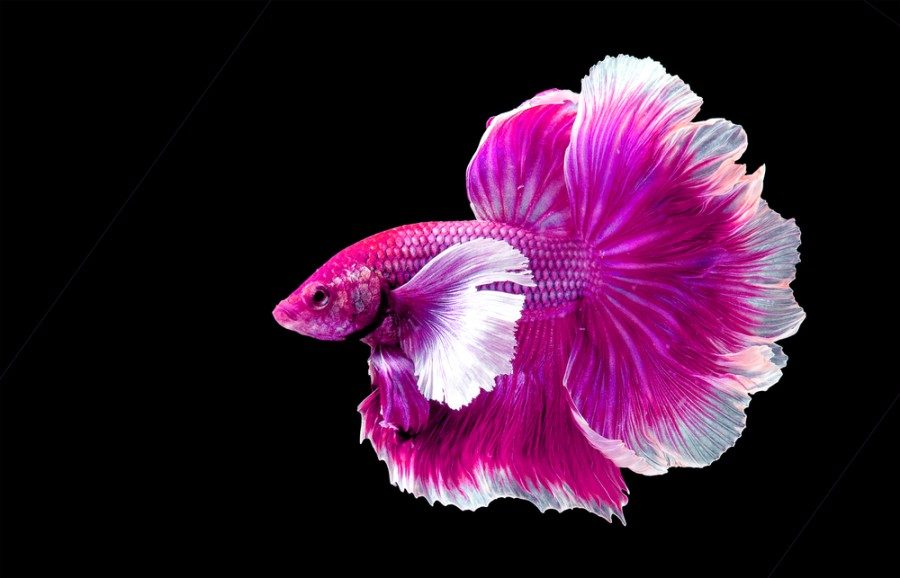
Credit: www.hepper.com
Betta Fish And Nocturnal Activity
Betta fish are known for their vibrant colors and flowing fins. But can these beautiful creatures see in the dark? Let’s explore their nocturnal activity. Understanding their behavior after dark is fascinating.
Feeding Patterns After Dark
Betta fish usually eat during the day. They rely on light to find their food. In the dark, their feeding patterns change. They become less active and eat less. It is best to feed them during daylight hours.
Sleep Cycles Of Betta Fish
Betta fish need sleep like humans. They sleep mostly during the night. Without light, they rest and conserve energy. Their sleep cycle is important for their health. Make sure they have a dark environment at night.
| Time of Day | Betta Fish Activity |
|---|---|
| Daytime | Active and Feeding |
| Nighttime | Less Active and Sleeping |
Betta fish rely on a day-night cycle. Proper light helps them stay healthy. Keep their tank dark at night to ensure they get enough rest.
Myths Vs Facts About Betta Vision
Betta fish are fascinating creatures with vibrant colors and unique personalities. But many myths surround their vision, especially their ability to see in the dark. Let’s dive into separating myths from facts about betta vision.
Debunking Common Misconceptions
Many people believe betta fish can see perfectly in the dark. This is a myth. Betta fish do not have night vision. They rely on light to see their surroundings. In total darkness, they cannot navigate well.
Another common misconception is that betta fish have the same vision as humans. This is also false. Betta fish see a different range of colors and have a different field of vision.
Some think betta fish can see far distances. This is not true. Betta fish have a limited range of vision and primarily rely on their sense of smell and lateral line system for navigation.
Surprising Truths About Betta Perception
Betta fish can see a wider range of colors than humans. They have an additional type of cone cell that allows them to see ultraviolet light. This helps them in their natural habitats.
Betta fish have a unique way of seeing close objects. Their eyes can move independently, allowing them to focus on different things simultaneously. This helps them hunt and avoid predators.
Though they can’t see in the dark, betta fish can sense changes in light. This helps them detect the presence of other fish and predators. Their lateral line system also helps them sense vibrations in the water.
| Myth | Fact |
|---|---|
| Betta fish can see in the dark. | Betta fish need light to see. |
| Betta fish have human-like vision. | Betta fish see more colors, including ultraviolet light. |
| Betta fish can see far distances. | Betta fish have limited vision range. |
How Light Affects Betta Fish Health
Understanding the impact of light on betta fish is crucial. These vibrant creatures need the right lighting conditions to thrive. Proper light ensures their health and happiness. Let’s delve into the significance of light for betta fish.
The Role Of Light In Betta Well-being
Light plays a vital role in a betta fish’s daily life. It helps regulate their internal clock, known as the circadian rhythm. This rhythm influences their sleep, feeding, and activity patterns.
Betta fish need a consistent light schedule. Aim for 8-12 hours of light daily. This mimics their natural habitat and supports their overall health. Too much light can stress them, while too little can cause lethargy.
| Light Duration | Effect on Betta Fish |
|---|---|
| 8-12 hours | Optimal health, balanced activity |
| More than 12 hours | Stress, overactivity |
| Less than 8 hours | Lethargy, poor health |
Consequences Of Inadequate Lighting
Inadequate lighting can harm betta fish. They may become stressed and exhibit poor health. This can lead to weakened immune systems and increased susceptibility to diseases.
Without proper light, bettas might lose their vibrant colors. They could also experience disrupted sleep patterns. This affects their overall well-being and lifespan.
- Weakened immune systems
- Increased susceptibility to diseases
- Loss of vibrant colors
- Disrupted sleep patterns
Ensure your betta fish has the right lighting conditions. This helps them stay healthy and happy.
Setting Up Ideal Betta Habitats
Betta fish are vibrant and fascinating pets. They need a well-planned habitat. A proper environment helps them thrive and stay healthy. Let’s explore how to create the best home for your Betta.
Choosing The Right Aquarium Lighting
Proper lighting is crucial for Betta fish. They need a day and night cycle. Use a LED light that mimics natural sunlight. Avoid bright lights at night. Betta fish need darkness to rest. Set a timer for the lights. Ensure they have 8-12 hours of light daily.
| Lighting Aspect | Recommendation |
|---|---|
| Type of Light | LED Light |
| Duration | 8-12 hours |
| Night Lighting | Minimal or None |
Creating A Comfortable Environment For Bettas
Bettas need more than just light. They need a comfortable environment too. Start with a clean tank. A 5-gallon tank is ideal. Add plants and hiding spots. Bettas love exploring and hiding. Use live or silk plants. Avoid plastic ones; they can tear fins.
- Clean tank regularly
- Use a 5-gallon tank
- Add live or silk plants
- Provide hiding spots
Maintain the water temperature between 76-80°F. Use a heater if needed. Bettas are tropical fish. They thrive in warm water. Monitor the water quality. Use a filter to keep the water clean. Change 25% of the water weekly.
- Keep water temperature at 76-80°F
- Use a filter
- Change 25% of the water weekly
By following these steps, you ensure a happy and healthy Betta. A well-maintained habitat helps them live longer. Your Betta will be active and vibrant.
Practical Tips For Betta Care At Night
Betta fish have specific needs during the night. Understanding these needs ensures your Betta stays healthy and happy. Here are some practical tips for taking care of your Betta fish at night.
Maintaining Proper Light Cycles
Betta fish need a consistent light cycle. This helps regulate their sleep and activity patterns. Ensure your Betta gets 8 to 12 hours of light each day. You can use a timer to automate the light cycles. This prevents any disruption to their routine.
Too much light can stress your Betta. Too little light can confuse their natural rhythms. Place the tank in a location with consistent light. Avoid direct sunlight to prevent overheating.
| Light Duration | Effect on Betta |
|---|---|
| 8-12 hours | Healthy sleep and activity |
| More than 12 hours | Stress and lethargy |
| Less than 8 hours | Confusion in daily rhythms |
Monitoring Betta Behavior In The Dark
Betta fish can see in low light but not total darkness. Observe your Betta’s behavior at night. They should be calm and resting. If they are active, there may be too much light or stress factors.
Use a dim night light if needed. This helps them navigate without disturbing their rest. Watch for signs of stress like erratic swimming or hiding. Adjust the environment to keep them comfortable.
- Check their activity level.
- Ensure a calm environment.
- Use dim lighting if necessary.
Maintaining a peaceful nighttime environment is crucial. Happy Betta fish are healthier and live longer.
Conclusion: Enlightening Betta Fish Care
Caring for betta fish requires understanding their unique needs. One key aspect is their vision. Knowing if betta fish can see in the dark helps create a better habitat. This section provides insights into their vision and future research.
Recap Of Betta Vision Capabilities
Betta fish have excellent color vision. They see a wide range of colors. In the dark, their vision is limited. They rely more on their other senses. Betta fish navigate using their lateral line system. This system detects vibrations in the water. They also use their sense of smell to find food.
Future Research On Betta Fish And Light
Future studies can explore how light affects betta fish behavior. Understanding light preferences could improve their care. Researchers could study how different light colors impact them. Another area is the effect of light cycles on their health. This research can lead to better aquarium lighting solutions.
Researchers can also investigate how betta fish adapt to different light conditions. This knowledge helps in creating optimal environments. Controlled lighting can reduce stress and promote well-being.
| Research Area | Potential Benefits |
|---|---|
| Light Color Preferences | Improved Habitat |
| Light Cycles | Better Health |
| Adaptation to Light | Reduced Stress |
By understanding these aspects, betta fish care can be greatly enhanced. Future research will provide more insights for hobbyists and experts alike.
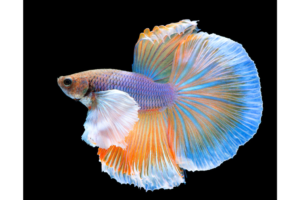
Frequently Asked Questions
Do Betta Fish Like Being In The Dark?
Betta fish prefer dim lighting at night. Constant light can stress them. Provide periods of darkness to mimic natural conditions.
Can Bettas Be In Complete Darkness At Night?
Yes, bettas can be in complete darkness at night. They need a natural day-night cycle to stay healthy.
Can Betta Fish See You?
Yes, betta fish can see you. They have good vision and can recognize their owners over time.
Do Betta Fish Like Music?
Betta fish have varying reactions to music. Some may seem curious or indifferent, while others could become stressed. Observing their behavior helps.
Conclusion
Betta fish cannot see in complete darkness. They rely on low light to navigate their environment. Providing a dim light at night can help them feel secure. Understanding their vision needs ensures a healthy and stress-free environment for your betta fish.
Proper care leads to a happier, healthier pet.

